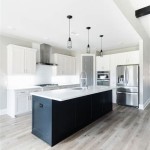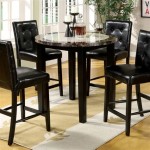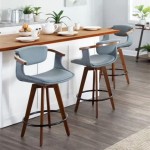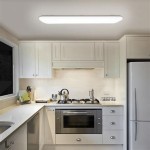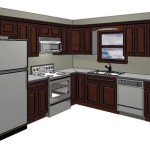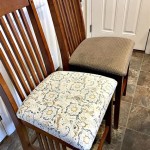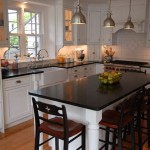What Is The Best Material For A Kitchen Countertop?
Choosing the right countertop material for your kitchen can be a daunting task. With so many options available, ranging from natural stone to engineered surfaces, it's important to consider your lifestyle, budget, and design preferences. Each material has its unique advantages and disadvantages, making the decision a delicate balance of functionality and aesthetics.
The best countertop material for a kitchen depends on a variety of factors. Here's a breakdown of some popular options, their key features, and considerations for choosing the best fit for your needs.
Granite
Granite, a natural stone known for its durability and stunning patterns, is a popular choice for kitchen countertops. It's highly resistant to scratches, heat, and stains, making it a practical option for busy kitchens. Granite comes in a vast array of colors and patterns, allowing for unique and stylish countertop designs.
However, granite requires careful maintenance. It's porous and needs to be sealed regularly to prevent staining. Additionally, its weight can be a factor, making it a less suitable option for older homes with less robust cabinets.
Quartz
Quartz is an engineered stone that combines natural quartz crystals with resins and pigments. This combination results in a durable, non-porous, and stain-resistant surface. Quartz is available in a wide variety of colors and patterns, replicating the look of natural stone while offering greater consistency and ease of maintenance.
Quartz is also less susceptible to scratches compared to granite and marble. However, it's important to note that quartz is more prone to heat damage than natural stone and may need special cleaning solutions to avoid dulling the surface.
Marble
Marble, another natural stone, is highly prized for its elegance and unique veining patterns. Its luxurious appearance adds a touch of sophistication to any kitchen. Marble is a relatively soft stone, which makes it susceptible to scratches and stains. However, its exquisite beauty and timeless appeal often outweigh these drawbacks.
Marble requires meticulous care and maintenance. It needs to be sealed regularly and cleaned with specialized products to prevent staining and etching. Its susceptibility to scratches and heat damage necessitates careful handling and the use of trivets and cutting boards.
Laminate
Laminate countertops are made from layers of paper and resin that are pressed together to form a resilient, budget-friendly surface. They are available in a variety of colors, patterns, and textures, mimicking the styles of more expensive materials.
Laminate is a popular choice for homeowners on a tighter budget. It's relatively easy to clean and maintain, making it a practical option for families with young children. However, it lacks the durability and heat resistance of natural stone and engineered surfaces, and it may require replacement after a few years due to wear and tear.
Butcher Block
Butcher block countertops are made from wood, typically maple or cherry. They add a rustic charm to kitchens and offer a warm, inviting feel. Butcher block is naturally antimicrobial and heat-resistant, making it a suitable surface for food preparation.
However, butcher block requires regular oiling to prevent drying and cracking. It's also susceptible to scratches, stains, and water damage, necessitating careful maintenance and the use of cutting boards.
Choosing the Right Material
When choosing a countertop material, consider factors such as:
- Budget: Laminate is the most affordable option, while granite and quartz are more expensive. Marble and butcher block fall somewhere in between.
- Lifestyle: If you cook frequently and entertain often, a durable and stain-resistant material like granite or quartz might be a better choice. If you're looking for a more low-maintenance option, laminate might be a suitable alternative.
- Aesthetic: Consider the overall style of your kitchen and choose a countertop material that complements your existing furniture and décor.
It's also crucial to consider the pros and cons of each material and consult with a professional for expert advice. By carefully weighing your needs and preferences, you can choose the best countertop material to create a functional and beautiful kitchen space.
:max_bytes(150000):strip_icc()/kitchen-countertops-cheat-sheet-1822100-02-9c82905c604141e4bb87f63c049aa686.jpg?strip=all)
35 Options For Kitchen Countertop Materials

Our 17 Favorite Kitchen Countertop Materials Best Options Hgtv

Our 17 Favorite Kitchen Countertop Materials Best Options Hgtv

The Best Material For Kitchen Countertops Kauffman Kitchens Blog

How To Choose Best Material For Your Kitchen Countertop

How To Pick The Best Kitchen Countertops Ultimate Guide

Which Kitchen Countertop Material Is The Best For You

What Is The Best Material For Kitchen Counter Tops Michael Helwig Interiors

Popular Kitchen Countertop Replacement Materials

Quartzite Vs Granite The Good And Bad Zstone Creations

